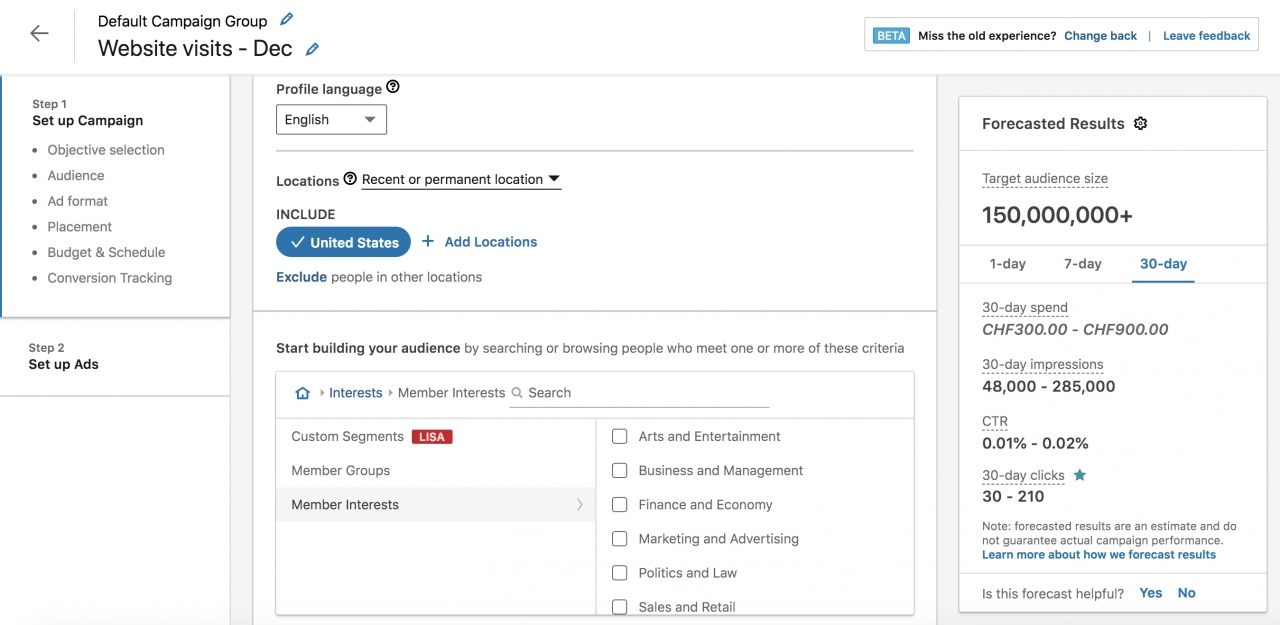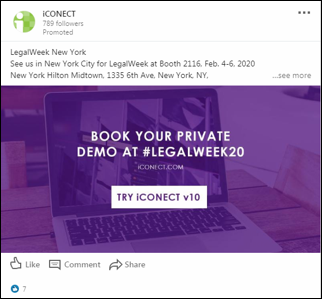


Account-based Advertising allows you to hyper-target and hyper-personalize digital marketing campaigns to these named accounts. As such, being able, from the outset, to target named accounts and the relevant Decision Making Unit (DMU) within the account is the foundation of any successful Account-based Marketing program.Īnd this is where Account-based Advertising comes in. As the image below shows, ABM is the inverse of Inbound Marketing:Īccount selection is the starting point. The analogy most commonly used to describe the difference between ABM and Inbound Marketing is fishing with spears vs. Quite simply, one-to-many ABM would not have been possible several years ago.īev Burgess, one of the world's leading ABM authorities, recently stated "One-to-many ABM now allows companies to have an 'Always-on' strategy to those accounts that are of interest to you'". The rise of one-to-many ABM programs targeting hundreds (and even thousands) of accounts has been largely possible due to the technological and data advances that are now available to B2B marketers.

One of the key reasons why ABM has become so popular and now forms a key part of any B2B marketing and sales playbook is the use of technology to automate and target those accounts (and individuals) you are looking to influence and convert. vertical, industry, pain, challenge, etc.) have defined ABM for the last few years.īut there is a new ABM kid on the block who is shaking things up: one-to-many ABM. Strategic ABM (one-to-one) and one-to-few (clusters of 15-20 accounts with shared commonality, i.e. ABM therefore is best suited to complex, high 'ticket price' solutions with longer life-cycle sales, and where typically multiple stakeholders are involved. Simple right? Well, the reality is that to justify this level of effort and resources the prize must be sufficiently large enough to warrant this expenditure.


 0 kommentar(er)
0 kommentar(er)
